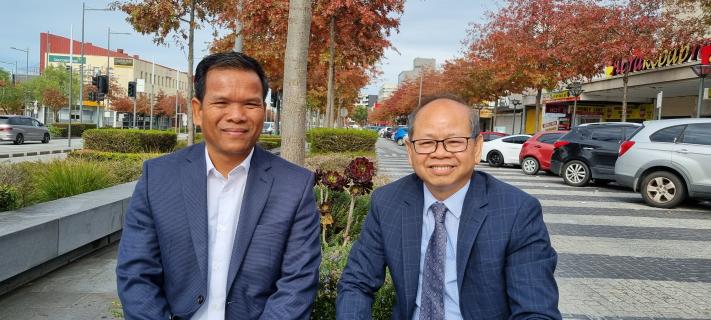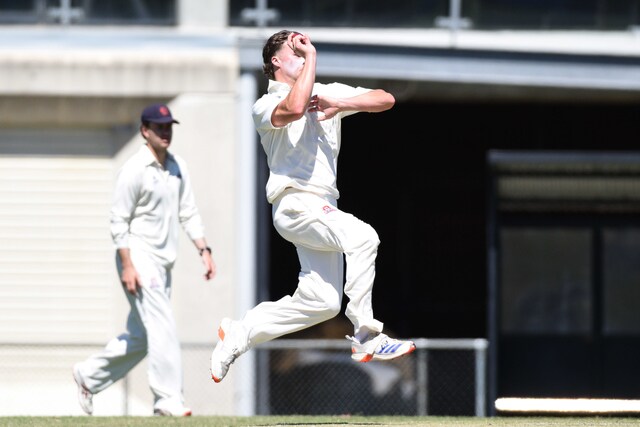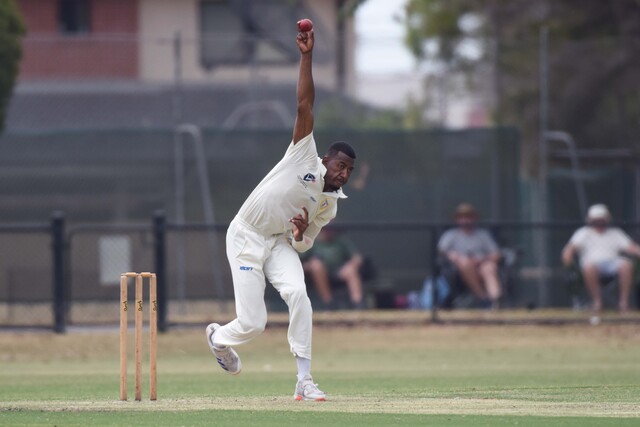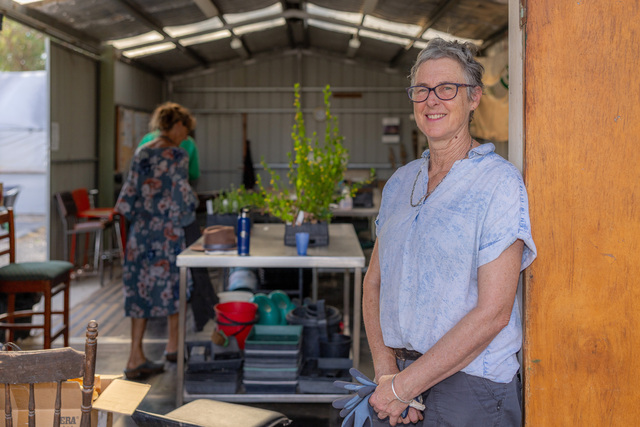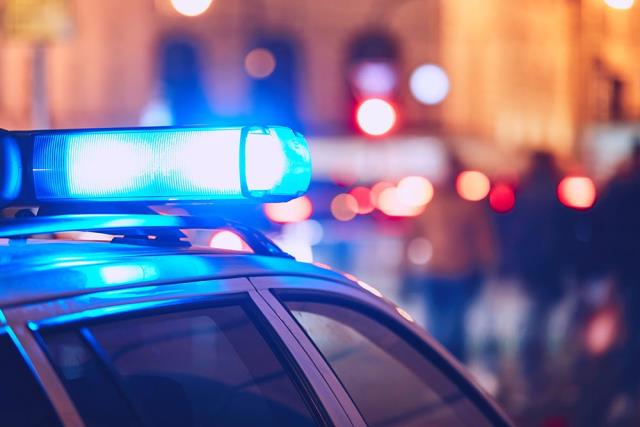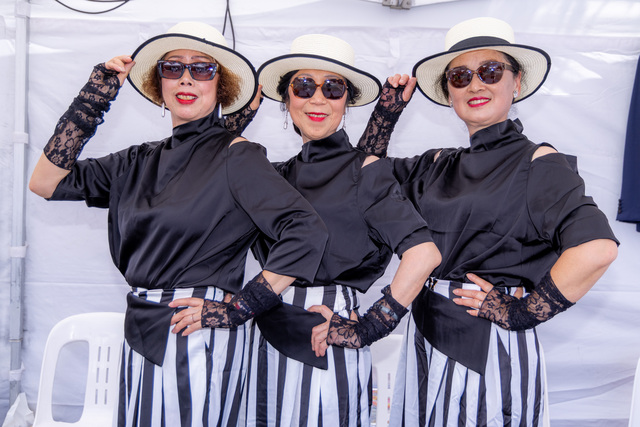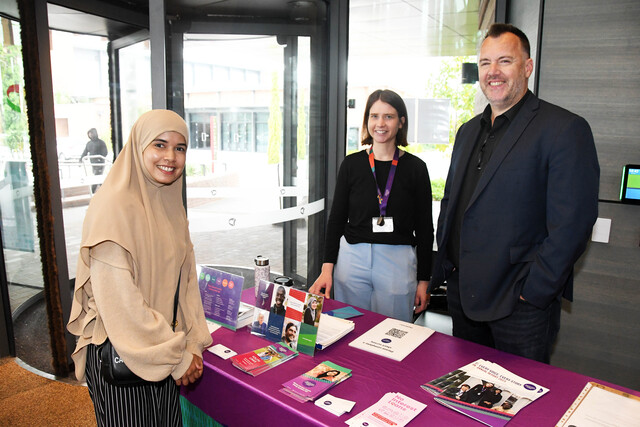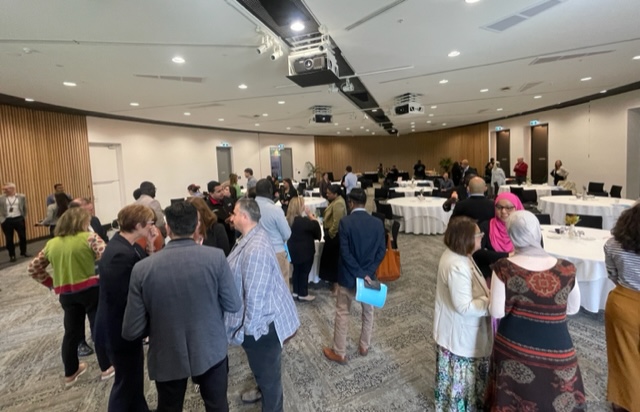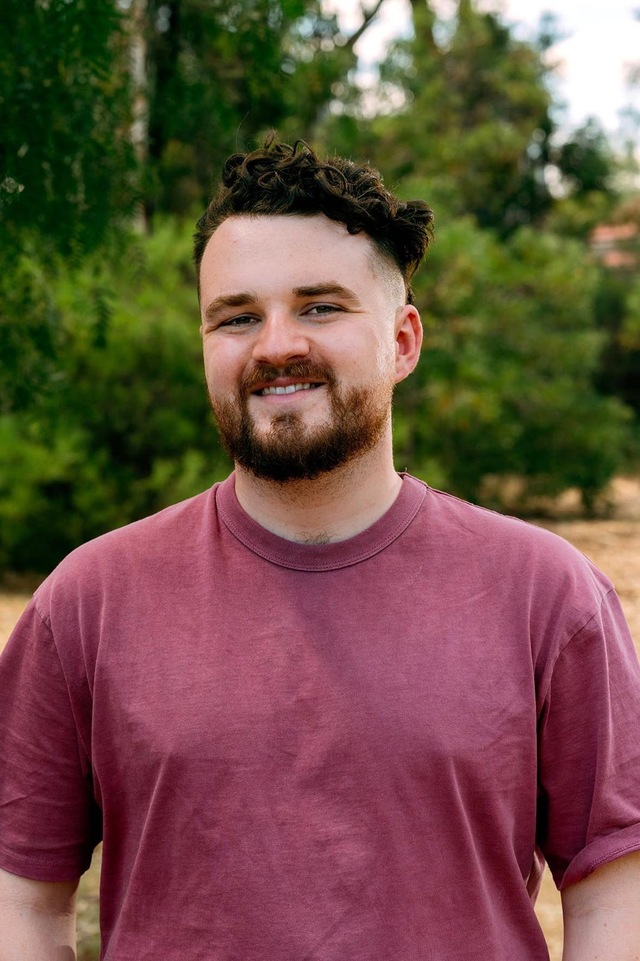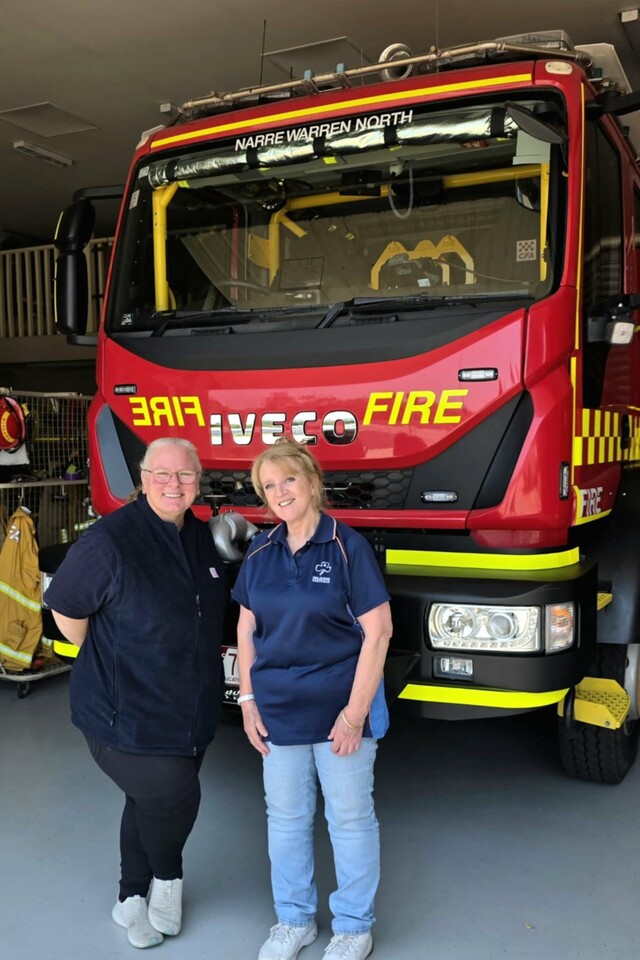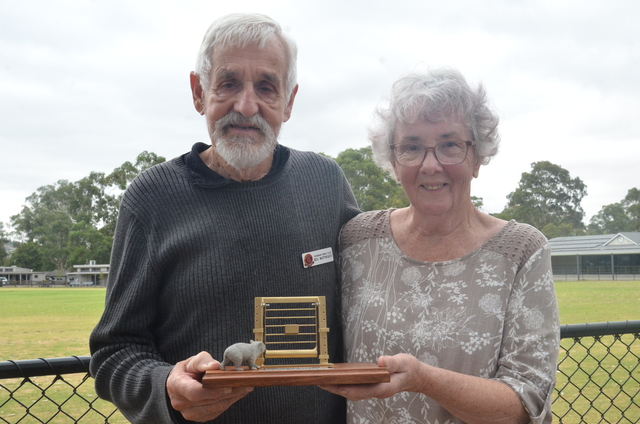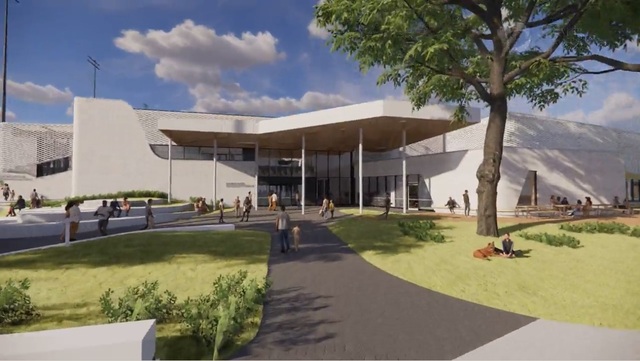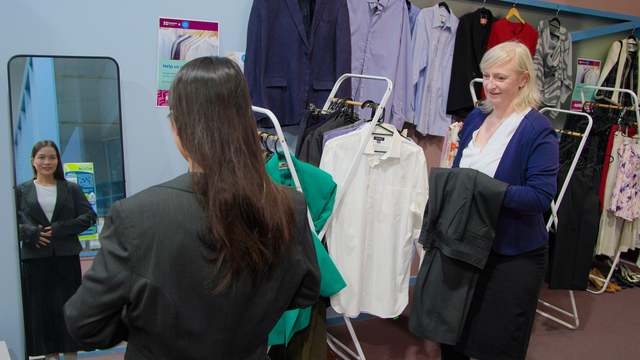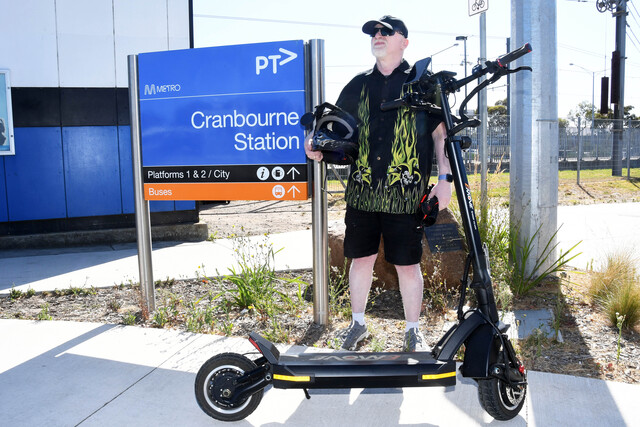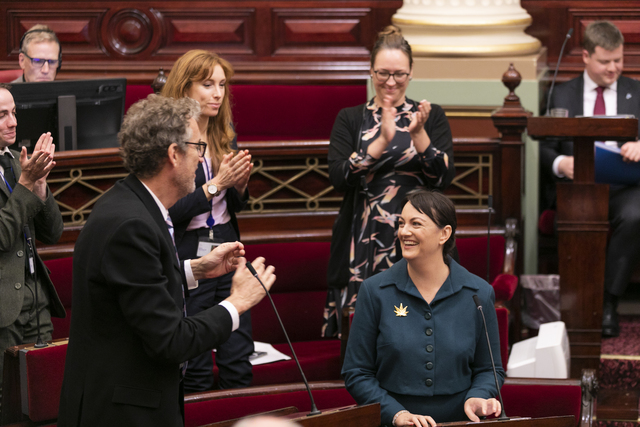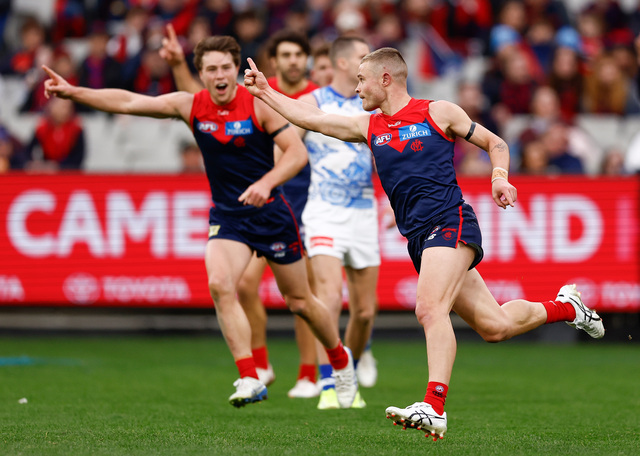An academic threatened by his Prime Minister is among the first intake of Cambodian refugees into Australia for decades.
Dr Sary Seng, now settled in Noble Park, went into hiding after Prime Minister Hun Sen publicly declared he’d send someone to kill him, he says.
In March, Dr Seng, a Buddhist monk Sovanndy Sim and two families linked to the Cambodian-based media outlet Radio Free Asia were each offered refuge by Australia.
They received an offshore Emergency Rescue refugee visa while at the Cambodian-Thai border.
That particular visa type is rarely offered by Australia, says Dandenong-based migration agent Thay Horn Yim who assisted their cause.
“It has been more than a few decades since Australia has accepted Cambodian refugees from Cambodia or from Thailand.”
Dr Seng’s exile was sparked by a media interview in which he was asked to detail the political forces required to change the Government.
He says he was not overtly calling for the Government’s removal, but he was then linked to the Opposition’s “counter revolution”.
“The Prime Minister announced they’ll send someone to kill me or arrest me.”
Three hours later, four uninvited men visited his apartment in Thailand – fortunately while Dr Seng had gone out for dinner.
He then went into hiding at friend’s homes. Soldiers still regularly harassed his wife at their family home in Cambodia about his whereabouts.
“Even though Hun Sen later said he was happy to take it back, the damage was done.
“If I returned to Cambodia, I don’t know if I’ll be arrested or not. With this Government, there are no guarantees.”
Mr Yim said Dr Seng had been “brave”, and “not scared to tell the truth” about the regime’s land-grabs from farmers and people being marginalised for not aligning with the regime.
“I was worried about his arrest and I communicated with him.
“Once the PM made that announcement, I thought his supporters would find and kill him. They’re not concerned about civil rights.
“They behave not like a democracy, but a dictatorship. They control media, they don’t want people to challenge how they operate.”
The Prime Minister “walked back” Dr Seng’s case only because of embarrassment. His remarks had sparked outrage, including censure from the US and Australian ambassadors, Mr Yim said.
Dr Seng has worked as a researcher in Cambodia and Thailand for about 20 years.
His study fields include the exploitation of about 2 million Cambodian illegal immigrants in Thailand, HIV-Aids outbreaks and displacement of locals in tourist precincts.
“At first, the Government wasn’t worried about my research. They just cared about maintaining the power,” he says.
“I personally liked to do that research. It’s not just a job but I can learn something.”
After the politically-motivated assassination of activist Kem Ley in 2016, Dr Seng became more outspoken and attracted media attention.
In 2019, the Cambodian People’s Party government regarded him as a “problem maker”. His Cambodian university job was “terminated”.
After two years, the unemployed researcher took up an academic research post in Thailand to support his family. And continued to criticise the Cambodian regime’s
Dr Seng is now hopeful of soon having his wife and four daughters settle with him in Australia.
“I feel OK about their physical safety but mentally, my wife is not really happy. She’s really disturbed by these people.”
He opted to be close to the long-established Cambodian community in the Springvale region.
He’s become an adviser for the community’s Buddhist Monk Council, to help heal political divisions reflected in his homeland.
He’s also been accepted as an unpaid honorary research fellow at Melbourne University. He hopes to get other work to help support his family overseas.
“I do feel the way I contribute to the community here is welcomed and worthwhile.
“They try to assist me in my resettlement here. I feel appreciated.”
But Mr Yim says Dr Seng is being “a bit humble”.
“We feel like he’s a hero.”

